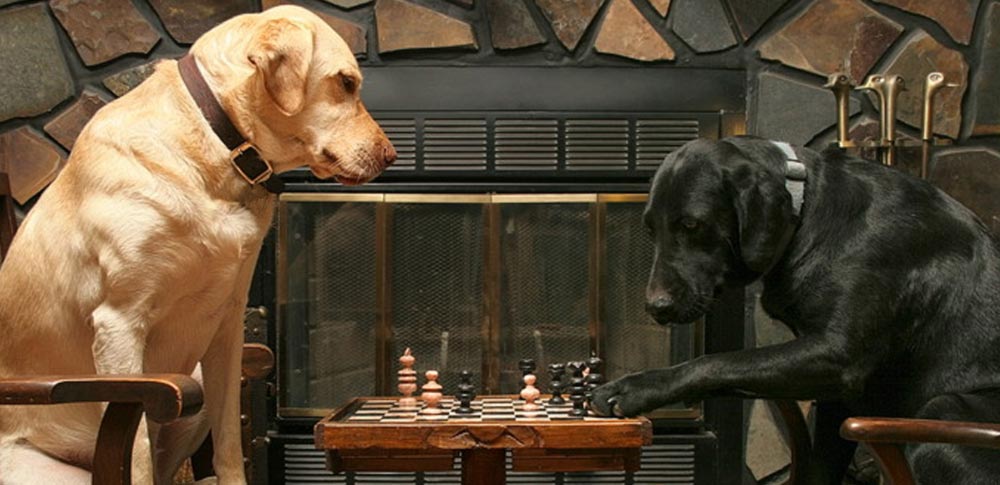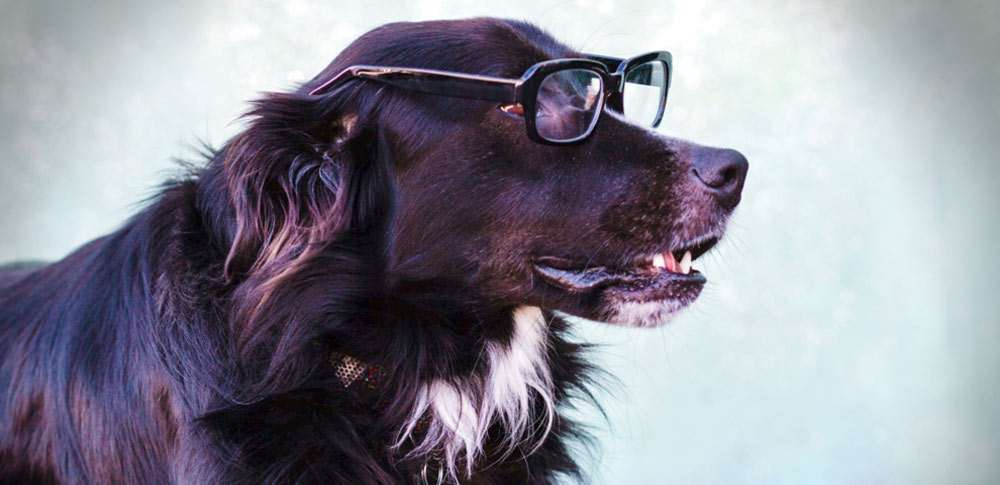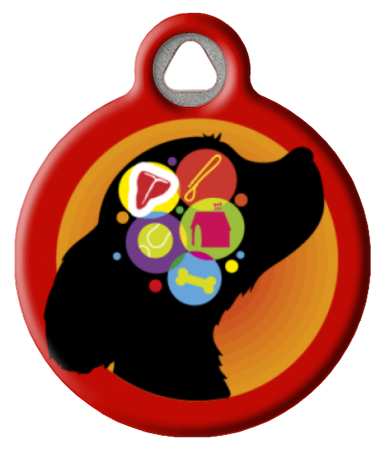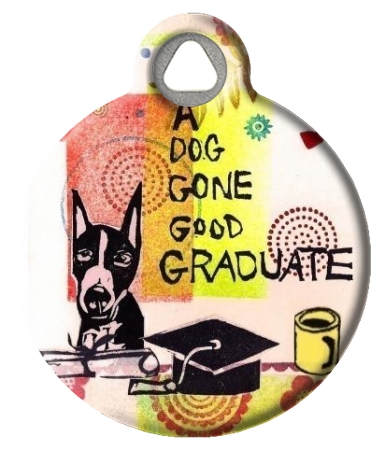Remember that time you and your dog went to the beach and had a blast playing frisbee? Of course you do! But the real question is, does your dog remember? Is it even possible to know how your dog's memory works?
As humans, we are blessed with the ability to consciously recall our personal experiences and life events. This is known as "episodic memory." Scientists usually link this ability with self-awareness, something thought to be unique to humans. It has been stated that animals cannot consciously recall past memories because they are not self-aware. But this idea has become controversial lately.

You see, scientists have been able to prove that many species of animals, including hummingbirds, rats, apes and Western scrub jays, do recall very complex sequences of information. Jays regularly hide food, then remember when and where they hid it. They can even recall who was watching them stash it! It's an ability that comes very close to what we call episodic memory in humans.
These observations led Claudia Fugazza and a team of scientists to set up a study that used a pretty creative approach to see if dogs have the ability to recall specific events - even when they weren't necessary for survival.
The Study of a Dog's Memory

As the premise of the study, scientists asked 17 dog owners to teach their dog a trick called "do as I do" in which the dog learns to copy their owner as they perform a variety of actions. For example, if their owner sits down, they should do the same when the owner says, "do it."
After the dogs learned to perform this trick, it was time to find out if they have episodic memory by testing them when they weren't expecting it. In the next phase of training, owners taught the dogs to lie down after watching them do something, such as stepping up on a chair or touching an open umbrella. This did not require the dog to copy their owner. Now the owner performed an action, the dog laid down, and then (surprise!) the dog was ordered to "do it!" Now the dog had to remember what action its owner performed unexpectedly. The team tested the dogs in this way one minute and one hour after watching their owners.

The result? The dogs succeeded in remembering in 33 out of 35 trials. Fugazza and her team also noted that the longer the dogs wait, the more difficult it was to recall the action, which is similar in human episodic memory. If we don't intentionally record an event in our memory, it gets harder to recall as time passes.
The test proved that a dog's memory is not based solely on repetition and reward. It proved that an episodic-like memory is not unique to humans. And while there is still more research to be done, it means they probably recall quite a lot of their own life events - including that amazing frisbee game on the beach the two of you enjoyed!








